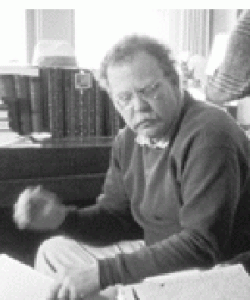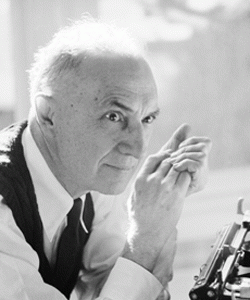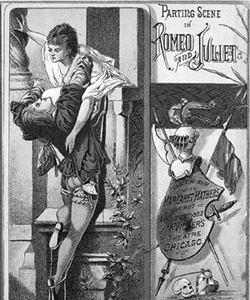The Stones of Summer Rolls Back

A simple film about the solitary pleasures of reading has turned into a successful campaign to revive a short-lived literary career. Dow Mossman’s only novel, The Stones of Summer, was originally published in 1972 by the now-defunct press Bobbs-Merrill. After being lauded by John Seelye in the New York Times Book Review as “a marvelous achievement” that offered “fulfillment at the first stroke, which is so often the sign of superior talent,” the book went out of print and its author faded into obscurity. Last month it was reissued by Barnes & Noble Books.







